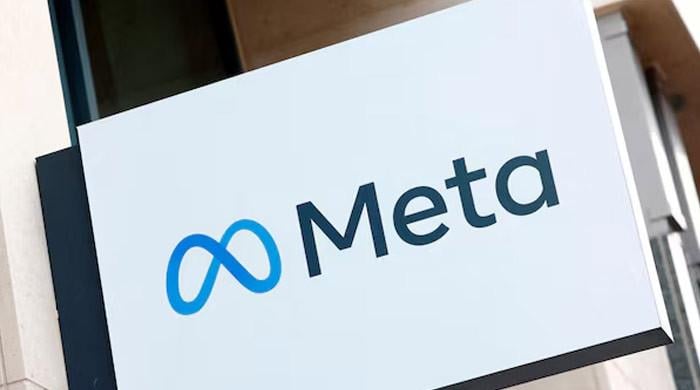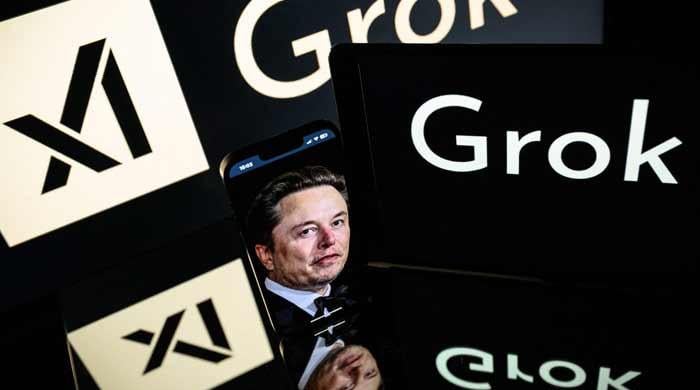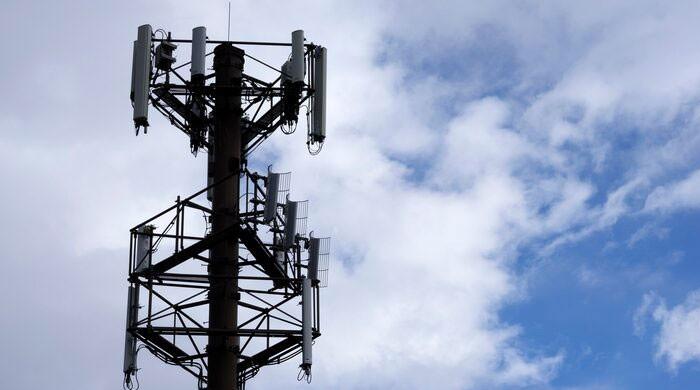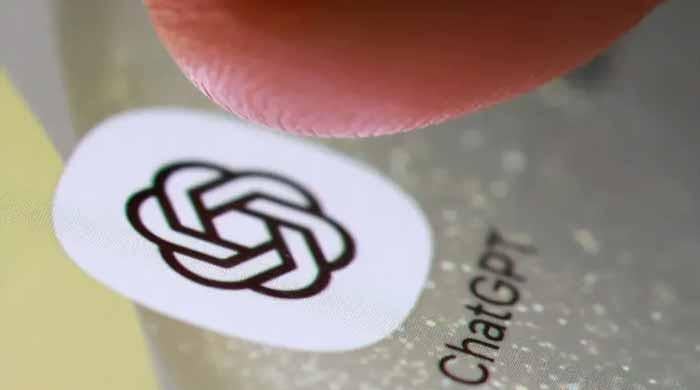Pakistan sets sights on moon with lunar mission planned by 2035
Planning minister Ahsan Iqbal also says Pakistan to send astronaut to China’s space station in 2026
August 04, 2025
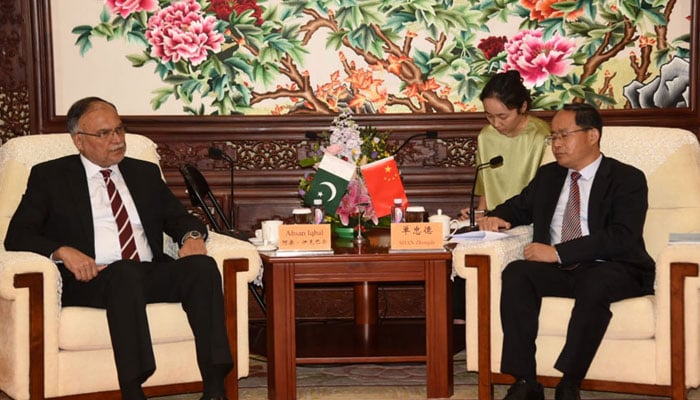
- Pakistan plans lunar mission under Suparco by 2035.
- Beijing pledges full support to Islamabad in space research.
- Uraan Pakistan boosts science and technology drive: minister.
BEIJING: Minister for Planning, Development and Special Initiatives Ahsan Iqbal has said Pakistan’s space agency, Suparco, has been tasked with launching a lunar mission by 2035, marking a significant milestone in the country’s ambitions for space exploration.
Iqbal made the remarks during a high-level meeting in Beijing with Shan Zhongde, Chairman of China’s Atomic Energy Authority and Space Agency on Monday. The discussion focused on expanding collaboration in space and nuclear energy to support Pakistan’s national development goals.
He added that under the "Uraan Pakistan" initiative, space sciences have gained new momentum under the leadership of Prime Minister Shehbaz Sharif. The federal minister further said Pakistan recently launched three satellites in collaboration with China and plans to send its first astronaut to the Chinese space station by 2026.
Highlighting the growing impact of climate change, Iqbal emphasised the urgency of adopting alternative energy sources to address vulnerabilities in food, water, and health security.
He called for deeper collaboration between Pakistan and China in peaceful nuclear energy and advanced technology, including quantum computing. "The K-2, K-3, and C-5 nuclear power plants stand as shining examples of this strategic cooperation," he added.
Iqbal said that Pakistan has established a Quantum Computing Center and is actively aligning science and technology sectors with its economic development priorities. He urged greater educational opportunities for young Pakistani scientists through Chinese exchange programs.
The minister also acknowledged that China-Pakistan Economic Corridor (CPEC) has played a vital role in removing bottlenecks in Pakistan’s infrastructure and energy sectors.
Chairman Shan Zhongde appreciated Pakistan’s continued progress under CPEC and affirmed China’s full cooperation in advancing Pakistan’s space research and peaceful nuclear capabilities. He reiterated the commitment to further strengthen economic and strategic ties between the two countries.






